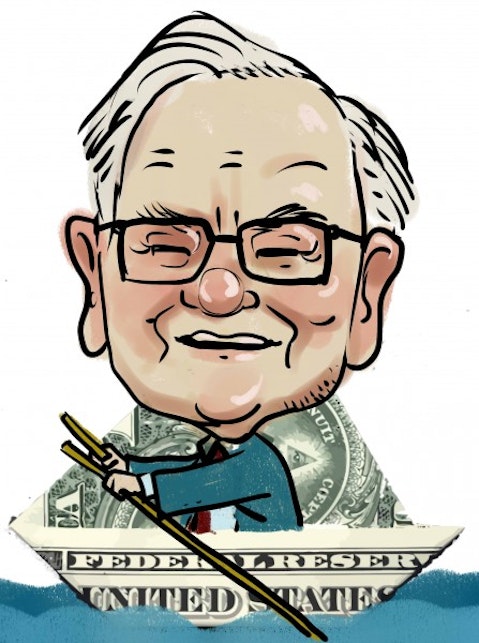Warren Buffett has been one of the most prominent investors in companies with wide moats. He often referred to his investment targets as companies that possess “long-term competitive advantage in a stable industry” or, in other words, “an enduring ‘moat’ that protects excellent returns on invested capital.” Wide moats and excellent ROIC, likely the best measure of economic profitability, generally go hand in hand. What’s more, over longer time horizons, wide moats also seem to go hand in hand with solid total returns.
For illustration, the Morningstar Wide Moat Focus Index, consisting of 20 wide-moat stocks that Morningstar considers “best value,” has outperformed the broader market over both three- and five-year periods. Its annualized excess return over the five-year period was more than double the U.S. market’s return.
This is just one of the few strategies with market-beating potential available to investors today.
Wide-moat stocks can be good investments, particularly if they boast value attributes. Based on the aforementioned Morningstar’s wide-moat stocks with compelling value characteristics, here is a closer look at five such stocks that pay dividend yields above 2.0%.
Let’s get started
The stock is thus also a play on natural gas, whose prices have started to recover this month, buoying Exelon along. Exelon currently yields 3.4% on a payout ratio of 50% of the current-year EPS estimate. The dividend payout ratio is expected to rise this year and next as analysts forecast lower EPS in both years. Most of the bad news is priced into Exelon Corporation (NYSE:EXC)’s valuation, so the stock looks fairly priced at 14.5x forward earnings, below its respective industry’s 16.5x. Better natural gas pricing, which is possible but unlikely in the medium term, could lead the stock price higher. In terms of hedge fund interest, Citadel’s Ken Griffin was bullish about this stock last quarter.
Still, Western Union sees 2013 as a transition year in which it will “adjust its value proposition in consumer money transfer and invest for future growth.” Western Union’s revenues and profitability are likely to recover in 2014 and 2015, driven by a 7% growth in cross-border remittances and faster growth in the digital formats. Trading at 10.6x forward earnings, below its five-year average, and boasting a dividend yield of 3.5%, Western Union is an attractive value and income play. The company’s payout ratio is low at 36% of the current-year EPS estimate. The Western Union Company (NYSE:WU) has had an excellent record of dividend growth over the past five years, increasing dividends at an average CAGR of 62%. Last quarter, the stock was popular with Chieftain Capital’s John Shapiro.



